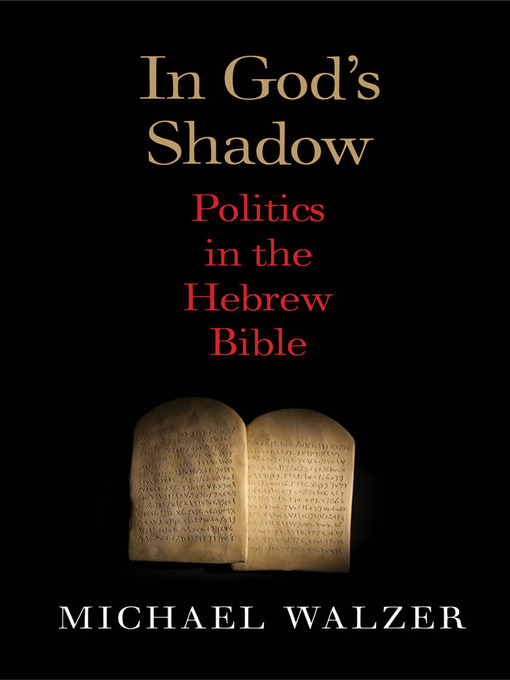In this eagerly awaited book, political theorist Michael Walzer reports his findings after decades of reading and thinking about the politics of the Hebrew Bible. Attentive to nuance while engagingly straightforward, Walzer examines the commentary of the ancient biblical writers and discusses the implications for such urgent modern topics as the nature of political society, hierarchy and justice, the use of political power, the justification for and rules of warfare, and the responsibilities of clerical figures, monarchs, and their subjects.
Because there are many biblical writers, and because they represent different political views, pluralism is a central feature of biblical politics, Walzer observes. Yet pluralism is never explicitly defended in the Bible—indeed it couldn't be defended since God's word is one. There is, however, an anti-political teaching which recurs in biblical texts: if you have faith in God, you have no need for particular political institutions or prudent political leaders or deliberative assemblies or loyal citizens. And, Walzer finds a strong moral teaching common to the Bible's authors. He identifies God's decree for ethics and investigates its implications for just policymaking in our own times.


